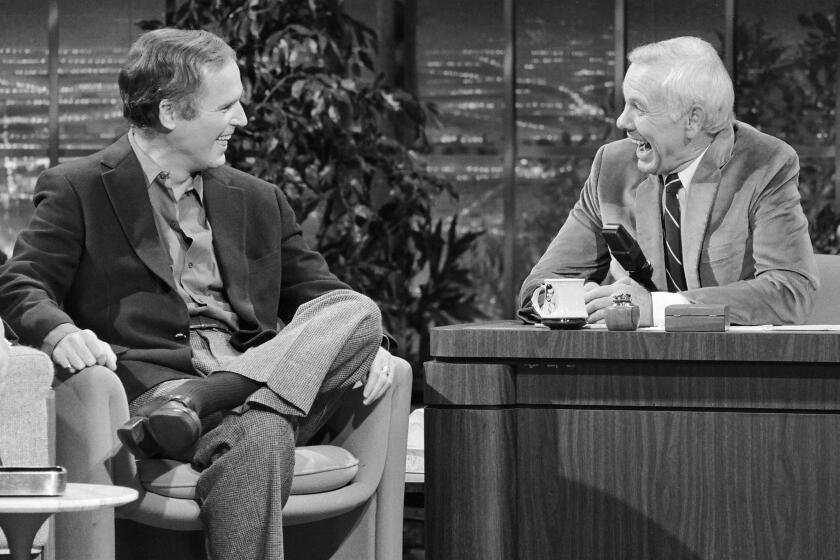Former Enron Executive Said to Be in Plea Deal
Enron’s former chief accounting officer, Richard A. Causey, has struck a plea bargain with federal prosecutors and will avoid going to trial with the fallen energy company’s two top executives, according to a person familiar with the negotiations.
Causey was expected to plead guilty today to one or more of the 34 criminal charges pending against him, this person told Associated Press on Tuesday on condition of anonymity because of the private nature of the discussions.
Causey, 45, agreed to testify against his former bosses, Enron Corp. founder Kenneth L. Lay and former Chief Executive Jeffrey K. Skilling, in exchange for a much lesser prison sentence than he would receive if convicted on all counts.
A federal prosecutor interviewed by Bloomberg News confirmed that Causey would plead guilty. But Kathryn Ruemmler, deputy director of the U.S. Justice Department’s Enron Task Force, declined to comment on whether Causey would testify against Lay and Skilling.
The federal trial is scheduled to begin Jan. 17 in Houston, but a delay is considered likely since defense attorneys probably will want more time to prepare for the government’s new witness. Daniel Petrocelli, Skilling’s lead lawyer, said earlier Tuesday that he planned to seek a postponement for up to two months if Causey struck a deal with the government.
Causey is charged with fraud, conspiracy, insider trading, lying to auditors and money laundering for allegedly knowing about or participating in a series of schemes to fool investors into believing Enron was financially healthy. The company imploded in late 2001 amid disclosures of complicated financing schemes that gave the appearance of success.
U.S. District Judge Sim Lake has scheduled a change-of-plea hearing for this afternoon. Causey pleaded not guilty to the charges against him when he was indicted in January 2004.
Causey’s plea and agreement to cooperate with prosecutors is a departure from the unified defense he, Skilling and Lay have shown for nearly two years.
Causey could be more damaging to Lay and Skilling than former Enron finance chief Andrew S. Fastow, who joined the government’s cadre of cooperating witnesses when he pleaded guilty to two counts of conspiracy in January 2004. Unlike his former peer, Causey didn’t skim millions of dollars for himself from shady deals and therefore would bring less baggage to the witness stand.
“While they were preparing to deal with Fastow, Causey is another matter,” said Robert Mintz, a former federal prosecutor. “Fastow has been so demonized by the books and media accounts of the Enron collapse that he is an enticing target for the defense teams.”
Enron, once the nation’s seventh-largest company, crumbled into bankruptcy in December 2001 upon revelations of hidden debt and inflated profit that sent investors running and obliterated Wall Street confidence. Thousands of workers lost their jobs and investors lost billions in the first of a string of corporate scandals that prompted stiffer white-collar penalties and more rigorous regulatory scrutiny.
More to Read
Inside the business of entertainment
The Wide Shot brings you news, analysis and insights on everything from streaming wars to production — and what it all means for the future.
You may occasionally receive promotional content from the Los Angeles Times.










